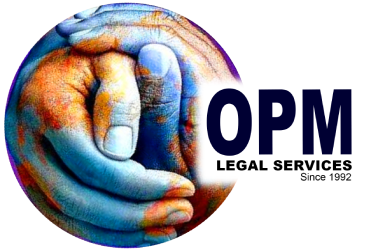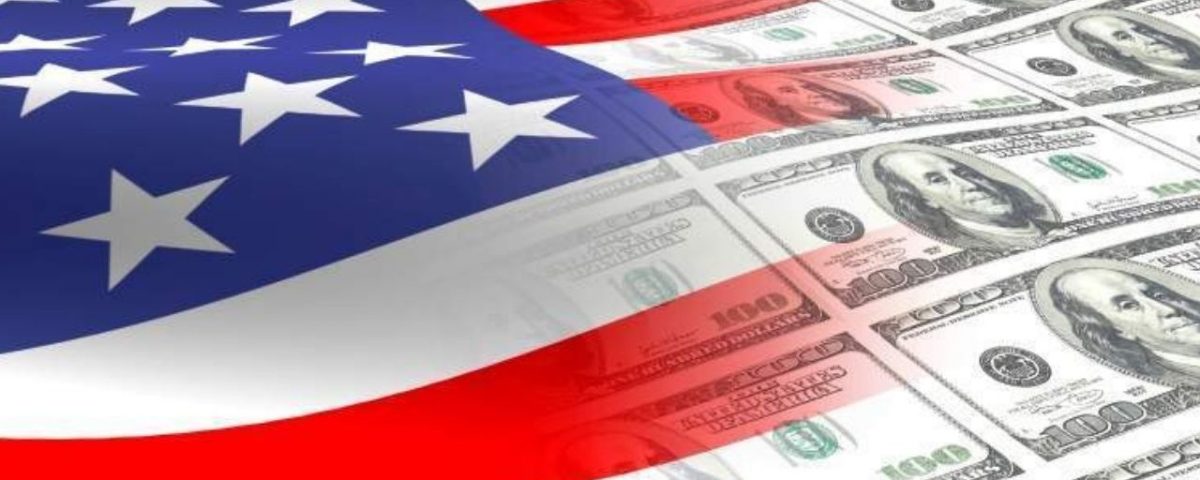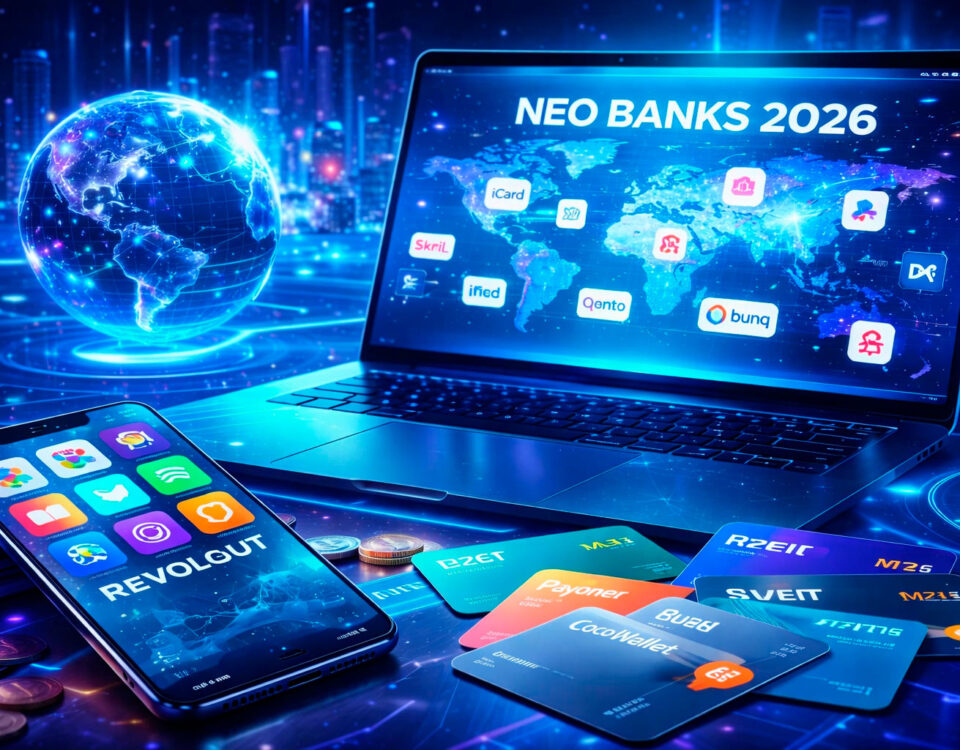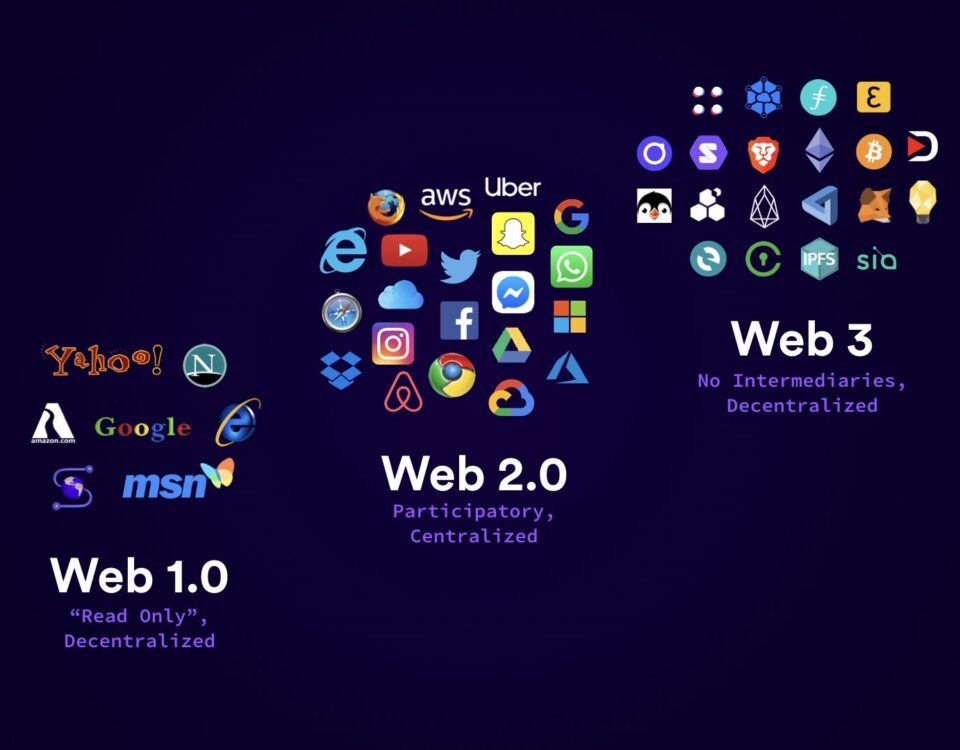
How much does it cost to build a website?
31/10/2022
Panama confirmed as a tax haven
31/10/2022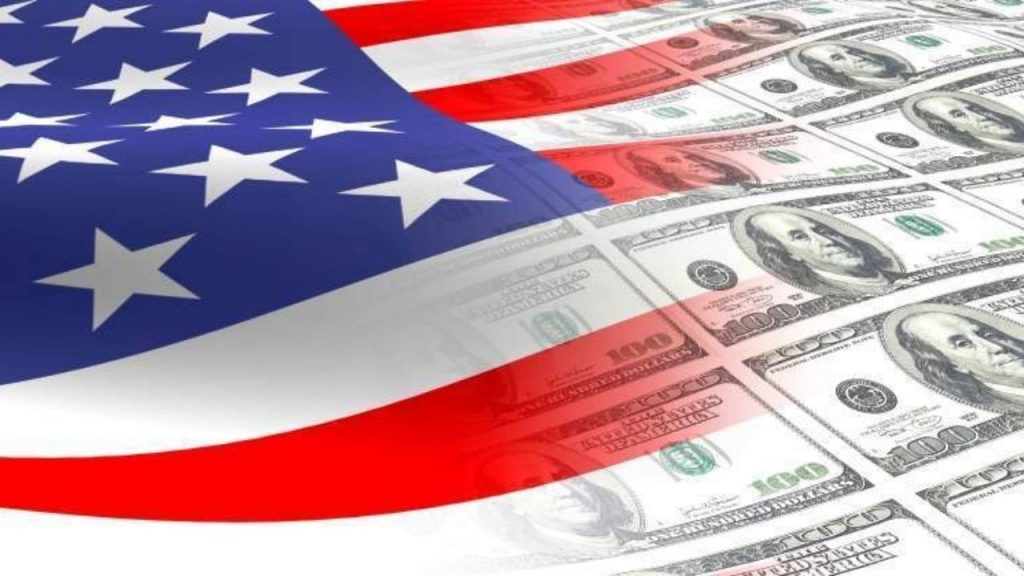
Maintaining a U.S. bank account can be very useful for a resident abroad, whether for savings or business purposes
The United States does not automatically exchange banking information. Therefore, a personal U.S. bank account can serve as a safe deposit account. Accounts are guaranteed by the FDCI up to $250,000.
Among the banks in the United States that offer more facilities to foreigners is JP Morgan Chase. It is one of the largest banks in the country. It operates more than 4,700 branches in all states and has an extensive network of 16,000 ATMs.
Bank of America is another bank that offers a relatively easy way for a foreigner to open a U.S. bank account. The company also has branches in every state and operates in nearly 40 countries around the world. Bank of America offers a wide range of financial products and services to institutions, businesses and individuals.
Number three in the ranking of the least complicated banks for foreigners to open a U.S. bank account in the United States is Wells Fargo. It is the fourth largest bank in the country and has almost 8,000 branches in every state. Its ATM network exceeds 13,000 terminals. Although Wells Fargo’s policies towards foreigners are friendly, experts acknowledge that undocumented immigrants sometimes face several difficulties in opening a U.S. bank account there.
The bank’s request is:
● Presence of the account holder
● Valid passport ● A U.S. phone where you can receive SMS and calls
● Proof of address (we can explain how to obtain it)
U.S. corporate bank account
Opening a corporate bank account in the United States may seem like a difficult task, but this is not the case
An APP allows you to receive funds from Stripe, PayPal, Amazon, Square, Shopify, Airbandb, Venmo, Toast, Uber, Lyft, etc., just like a US corporate bank account. The cost of the app varies depending on your needs. It is FREE with the basic plan and costs $49.99 USD per month with the Plus plan.
Both U.S. residents and non-residents can open a U.S. bank account. All you need is a passport, a U.S. company (we recommend a Delaware corporation) and an EIN number.
The EIN is an abbreviation of the term Employer Identification Number, also known as Federal Tax Identification Number. The EIN is issued by the Internal Revenue Service (IRS) to business entities incorporated in the United States. The EIN consists of nine unique numbers and includes additional information about the state in which the business is incorporated. The Novel account allows payments in 130 different currencies and offers you an international VISA card. You can receive funds via SWIFT or locally with ACH at no cost. With the Plus plan you get the card and transfers for free, plus personalized assistance.
What are the different types of bank accounts?
When opening a U.S. bank account, you face a difficult decision: which one is right for you? Banks have several options, from a basic checking account to an interest-bearing savings account. You can even combine a savings account with a checking account, or you can take advantage of the higher yields of a money market account. There are no definitive answers – it all depends on what you need. But it’s essential to understand the features of each type of bank account to make sure you get the most value from them.
What is a bank account?
A bank account is a financial product that allows you to manage your money. By depositing your money in a financial institution you can use it to make different types of transactions or withdraw it in cash. A bank account allows you to apply for other products, from debit and/or credit cards to mortgages, loans and insurance.
Types of bank accounts
A checking account is designed to give you quick and easy access to your money for everyday transactions. This account is linked to a debit card or checks and it allows you to easily make any type of purchase or pay your regular bills.
On the other hand, a savings account allows you to accumulate interest on the funds you have deposited in the bank. You can charge that interest rate with the periodicity that you have established when you sign the contract with the bank (daily, weekly, monthly or once a year). Each savings account is different, because not all of them have the same interest rate. They do not have the same monthly service charges either. In addition, you can close it whenever you want without penalties or additional fees from the bank.
A third type of bank account is the certificate of deposit. This allows you to earn money, according to a fixed interest rate, established for a period determined in your contract. These periods can range from a few months to years. Certificates of deposit usually have higher interest rates than savings accounts.
However, it is important to note that the money you have deposited is frozen for the duration of the contract. In case you withdraw the money early, the bank will impose a heavy financial penalty.
Money market accounts have similar characteristics to savings accounts. However, banks require a high deposit balance to open this account. This account has tiered interest rates, so the higher the deposit balance, the higher the interest rate.
